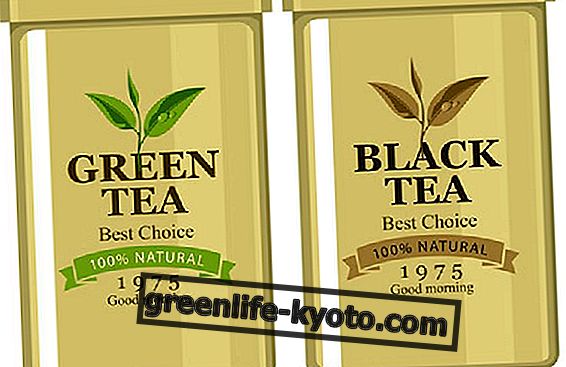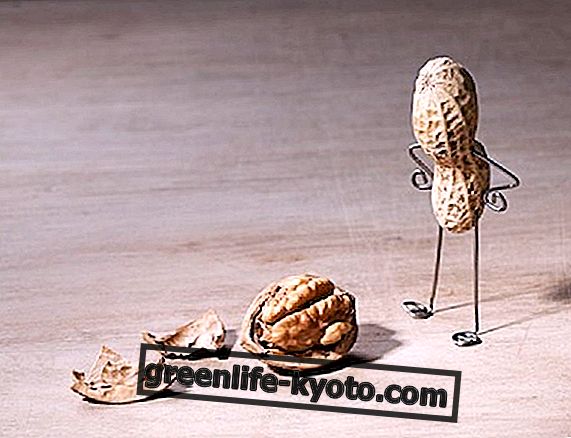
It is now a fact that the increase in environmental and food pollution to which we are subjected daily puts a strain on our detoxifying system, allowing the proliferation of many chronic degenerative diseases.
Among the main triggers of these pathologies we have heavy metals such as mercury, lead, aluminum, cadmium and arsenic: these are harmful substances that are absorbed by our body through food, drink, utensils and atmosphere.
Although in small quantities heavy metals are tolerated in our bodies, it is good to pay great attention to the origin and processing of certain foods, as the excess of metals in the body inhibits the normal fulfillment of numerous vital functions.
Aluminum is one of the heavy metals involved in neuro-degeneration, as it has an easier access to the nervous system. It is present in medicines, preserved foods, drinking water and kitchen utensils, so it is common to be exposed to this type of pollution.
However, daily intake should not exceed 20 mg, a figure which is abundantly exceeded if we consider that an aspirin tablet can contain from 10 to 52 mg, and that the fall of acid rain carries the pollution of plant foods that are part of integral to the diet of a human being.
Studies carried out on animals report that small amounts of aluminum injected near the hippocampus favored the onset of behavior similar to that of human dementia. The direct connection between heavy metal assimilation and neurodegenerative diseases such as Parkinson and Alzheimer has thus been demonstrated.
The need to limit the harmful effects of aluminum has led scholars to consider the use of natural substances with chelating characteristics, and among them we find Moringa oleifera .
A study was carried out on the leaf extract of Moringa oleifera, with the aim of examining the neuro-protective effect of the plant on temporal cortical degeneration caused by aluminum in rats. The groups in which aluminum was administered at the same time as the Moringa extract showed less degenerative characteristics in the cyto-architecture of the temporal cortex, supporting the hypothesis that the administration of Moringa oleifera could counteract the neuro-toxicity induced by aluminum.
In conclusion, as it is impossible to completely eliminate the presence of aluminum in our body, it is important to take only foods that are known to come from and use natural remedies that can limit the damage caused by heavy metals.
By combining solutions that are a solution to the pollution of the planet, we try to intervene to protect our body.












